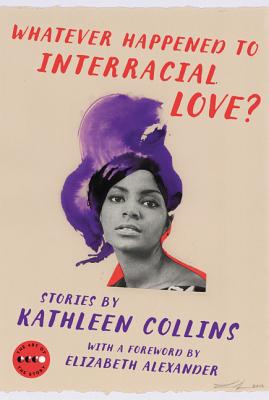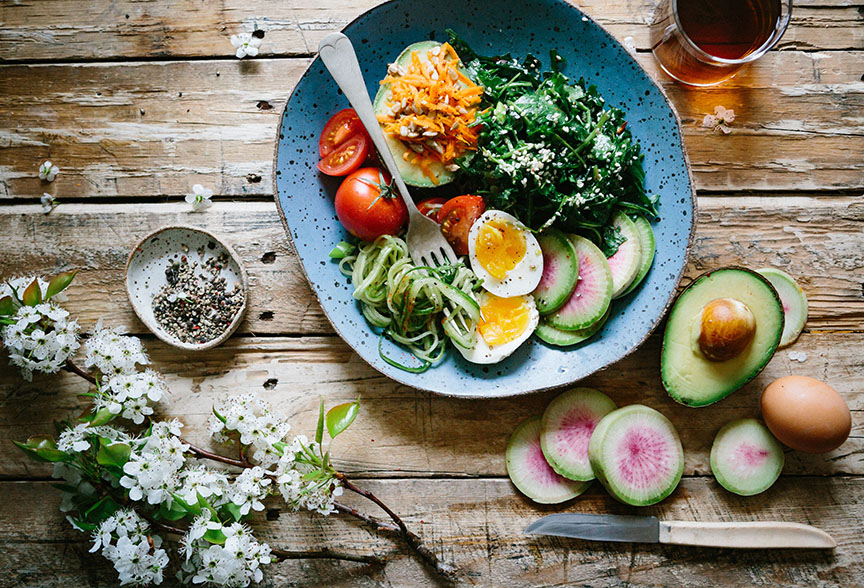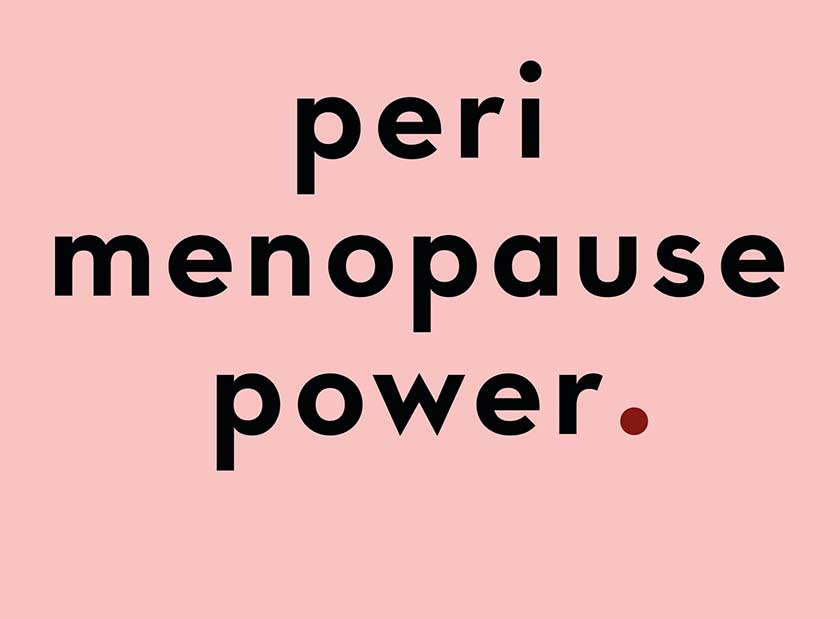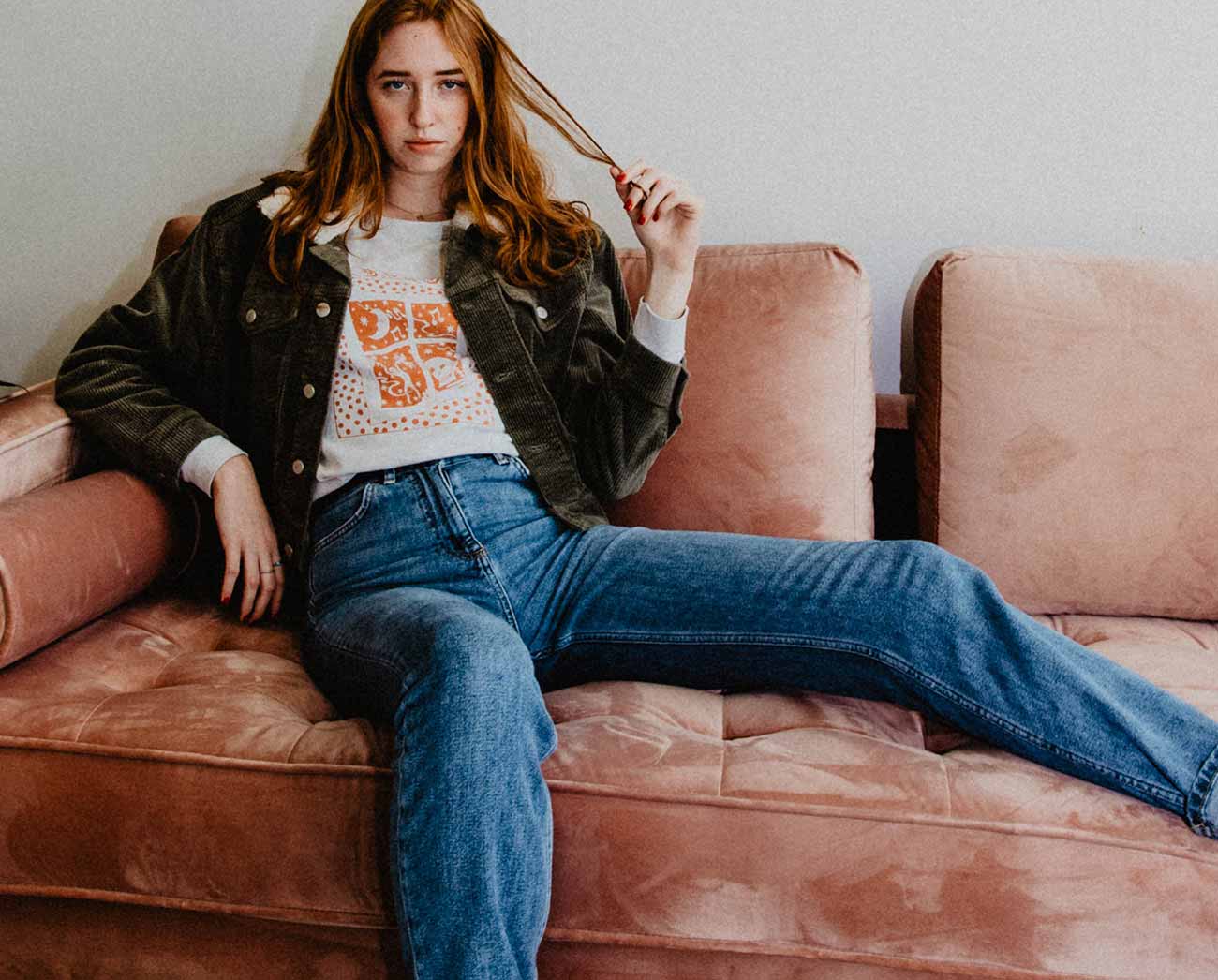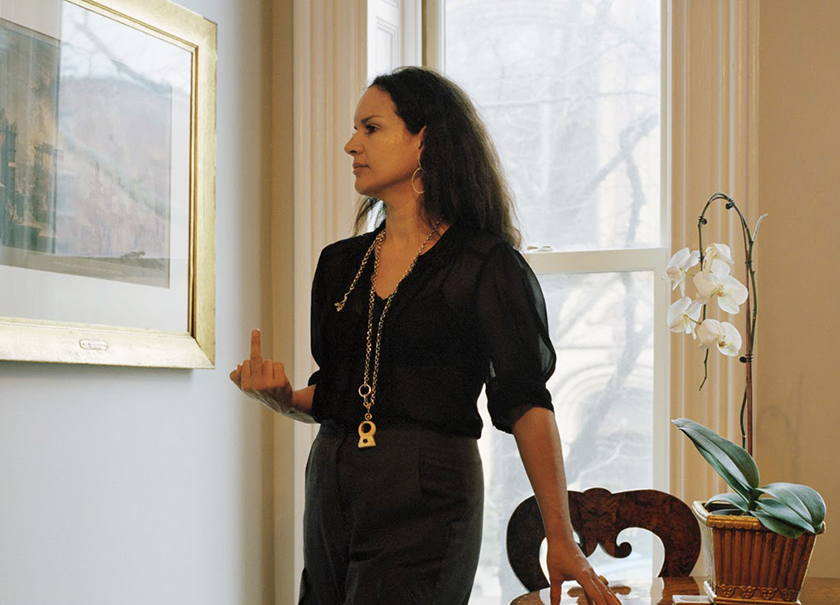
Nina Lorez Collins shares some of the best aging and menopause advice on the Internet
Editor’s note in 2023: This interview was published in 2020. Nina Lorez Collins sold The Woolfer to Revel; Revel has since folded.
It’s funny — OK, not so funny, but interesting — how so many frustrating experiences inspire people to embark on a whole new path or start a business. In Nina Lorez Collins’ case, her 2015 experience of failing to find helpful information about perimenopause was a big part of what led her to start The Woolfer, the thriving community for women over 40.
Now 51, Lorez Collins — a former book agent who lives in New York — not only owns her midlife experience, but she empowers other women to live their best lives, flaws and all.
Here she talks about the highlights of being 50-plus, building her business as a creative, and how much she’s changed since her divorce.
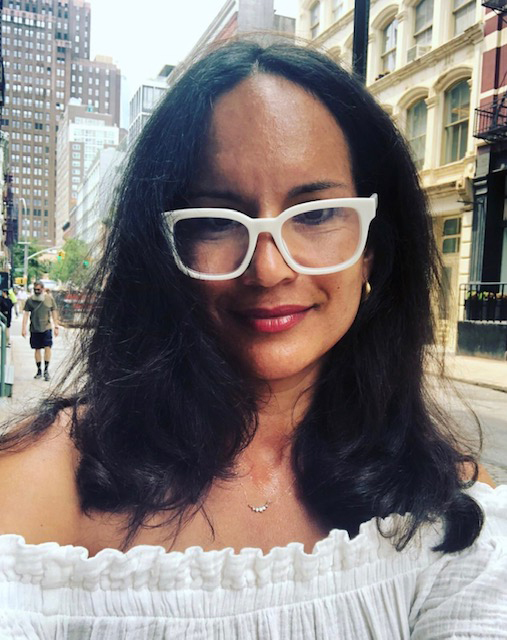
Now that you’re on the other side and post-menopausal, can you share your wisdom? What should perimenopausal women look forward to, and what’s your advice for women in their 40s?
When I started The Woolfer (then called What Would Virginia Woolf Do?) I was 46 and just starting to have erratic periods and sleep disturbances. I was also feeling a sort of anxious malaise, worried that my best years were behind me and whatever relevance I might have ever had was slipping away.
Googling “perimenopause” freaked me out — not only had no one ever warned me that all these things might happen to my body, no one was telling me how to treat it, and the internet told me that I could easily experience symptoms for 10 years! I genuinely started the community so that I could create a warren of sisters, or mothers, to help guide my way.
Googling “perimenopause” freaked me out — not only had no one ever warned me that all these things might happen to my body, no one was telling me how to treat it, and the internet told me that I could easily experience symptoms for 10 years!
Right away in those early days, Woolfers older than me told me that it gets so much better after menopause (i.e., after you haven’t had a period for a full consecutive 12 months). Some reported liking feeling invisible, others said they barely experienced any symptoms at all. Tons talked about feeling sexier and more open in bed than ever before. And let’s be honest (we always are): there was/is also plenty of talk about all the hard stuff: thyroid disorders, fucked-up sleep forever, sexual dysfunction, vaginal dryness, and so much more. But the beauty was exactly that we were talking about it all, and that even though we were crying sometimes, there was also so much laughter, at ourselves and with each other.
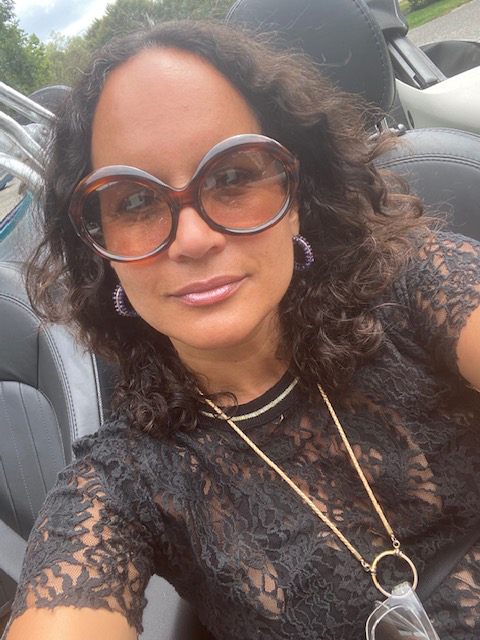
In my particular case, my perimenopause only lasted three years, and now it’s been two years for me since the last time I bled. Over these five years, I had to contend with a lot of medical mysteries, seriously rough hot flashes, bad sleep, mild hair loss, and erratic moods, but eventually I found the right help. I decided to go on HRT (hormone replacement therapy) — I wear a low-dose Estradiol patch and take progesterone every night.
I now feel as good as I’m likely to ever feel. I sleep well, eat well, exercise regularly, drink probably a little more alcohol than I should, have a perfectly moist vagina, and use it. And I have an empty nest and more freedom than I’ve ever had in my life, so things are pretty good indeed. Oh, I am having a pelvic floor dysfunction issue, but it’s manageable so far.
I sleep well, eat well, exercise regularly, drink probably a little more alcohol than I should, have a perfectly moist vagina, and use it.
My advice for women in their 40s: get good medical help. Find a doctor who specializes in menopausal care, and that’s not easy to do. If you live in a rural or remote area, you may need to rely on telemed services like The Cusp and it will be worth your while, I promise. If your doctor perfunctorily offers to put you on the pill or give you Prozac when you talk about your symptoms, he/she is not the right person for you in this particular moment. That doesn’t mean she’s a bad doctor, it just means that like the vast majority of primary care docs and GYNs, she doesn’t know nearly enough about this stage of life, and you need someone who does.
Also, find friends you can talk to frankly about all the good and bad stuff about aging. You’ll need the support and the knowledge.
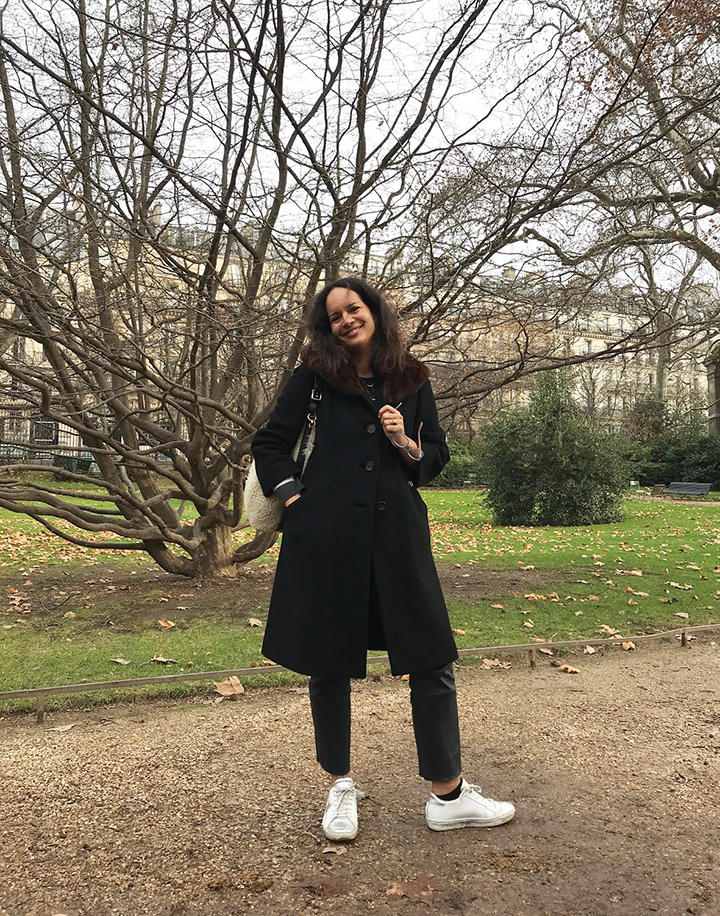
What is life like as “Woolfer in chief,” and what’s next for you and The Woolfer?
I worked from home before the pandemic and I still work from home, but Sidney, my one full-time employee now also works remotely (now from Colorado!) so that’s been a change, albeit one we’ve both adjusted to just fine. I read a lot of news and websites and books, post things that I find interesting, dream up content, approach people I’d like to interview, write to publicists asking for galleys of books I’d like to cover. I write the newsletter, moderate the site, both on our own platform and our “Woolfer Annex” on Facebook, lead virtual gatherings on a range of subjects from Reflective Writing to Sex to Unlearning Racism, and talk to Sidney many times a day as she builds the content, manages all the social media and the calendar and the back-end tech.
In terms of what’s next, we need money (investment or partnership) in order to grow substantially. We have an excellent model and the potential to create a really huge platform for all Women Over 40, and to do that we need marketing dollars (and money for content, etc), more than we currently have, so we are actively looking for the right opportunity that will help us get to the next phase.
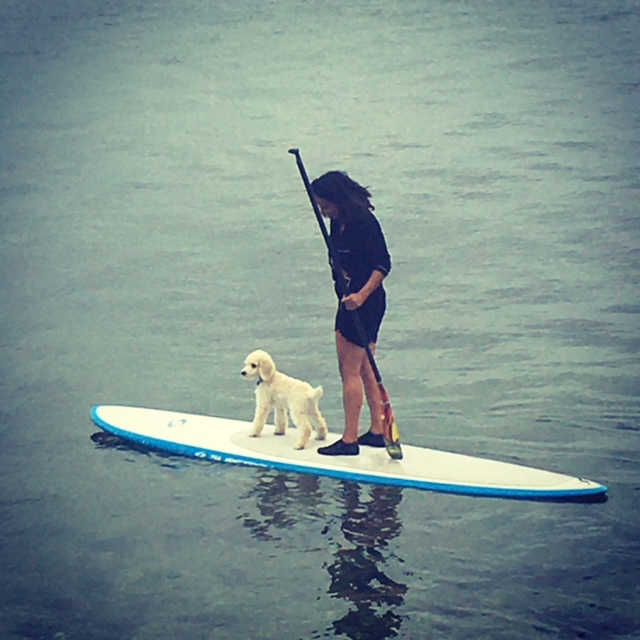
As a creative and a businessperson, what’s the most important thing you’ve learned about combining both creativity and business?
Be authentic. Listen to your own voice. Lead from the heart.
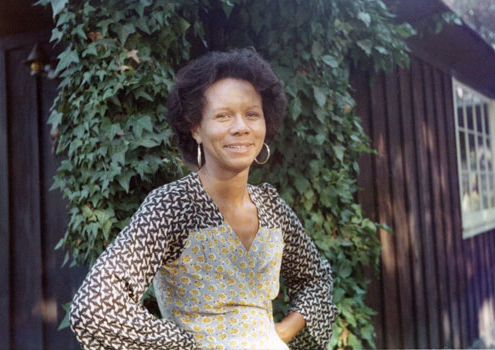
Your mother, Kathleen Collins, was a brilliant writer. Did you want to be a writer growing up?
I didn’t, not at all. Until I was in my late 30s I felt like I didn’t have a story to tell, and then that started to change somewhat and I began writing articles and eventually my one book, What Would Virginia Woolf Do And Other Questions I Ask Myself As I Attempt to Age Without Apology. I still don’t consider myself a writer the way my mother was; I love words, and I love to write as a way to help me process life and I love the challenge of creating. But she was a literary genius. I think I have different talents.
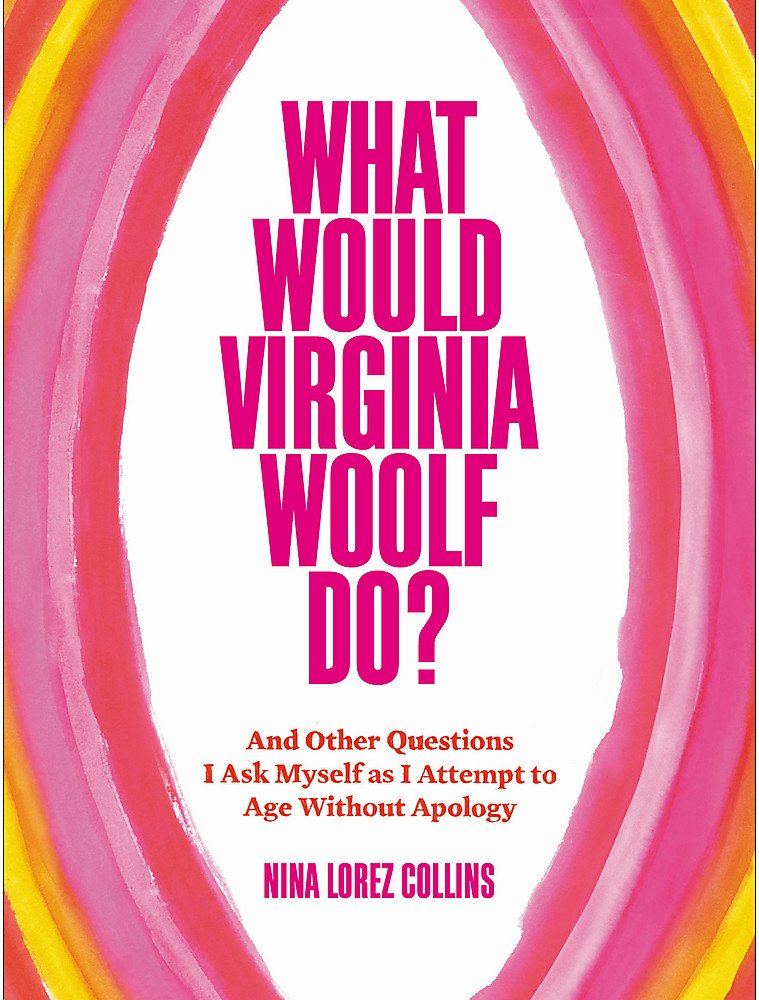
I love your honesty in your 2013 Elle story, “The Fighter: Domestic Violence Against Men.” How have you changed?
Oh, so much. I look back now and it really strikes me that I didn’t even start to become an adult until after I divorced the father of my four children. He was so much older than me and I married him right after my mother died and I think I spent our whole marriage working through all the pain of my childhood, sadly. After our divorce I went through some very rough years, but I really have come out the other side, and I’m so grateful to have lived this long, honestly. To be able to experience peace and calm and happiness for the first time at 45 or 50 is really a gift.
“It really strikes me that I didn’t even start to become an adult until after I divorced the father of my four children.”
What three jumbles are top of mind for you right now?
1. Figuring out the next step for The Woolfer
2. Managing to survive in the political nightmare that is America these days.
3. Supporting my kids (emotionally and still a bit financially) as they navigate their own waters of becoming adults.
How do you go with the flow?
I do yoga and love long walks in nature. During COVID I got the requisite puppy and Peloton, and both have been life savers. I’m a big fan now of boundaries and going to bed when I need to, or being alone when I need to.
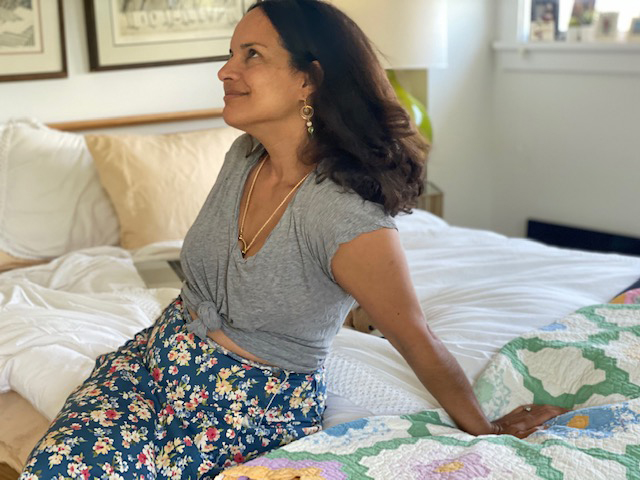
What have you figured out by now, and what do you hope to figure out next?
I’ve figured out how to be happy on my own, and also how to love. I hope to figure out next how to love even better.
What do you think is the future of feminism?
I think women will just keep getting more and more equality everywhere — in the home, in the boardroom, in our pay, in politics — and men will adjust.

